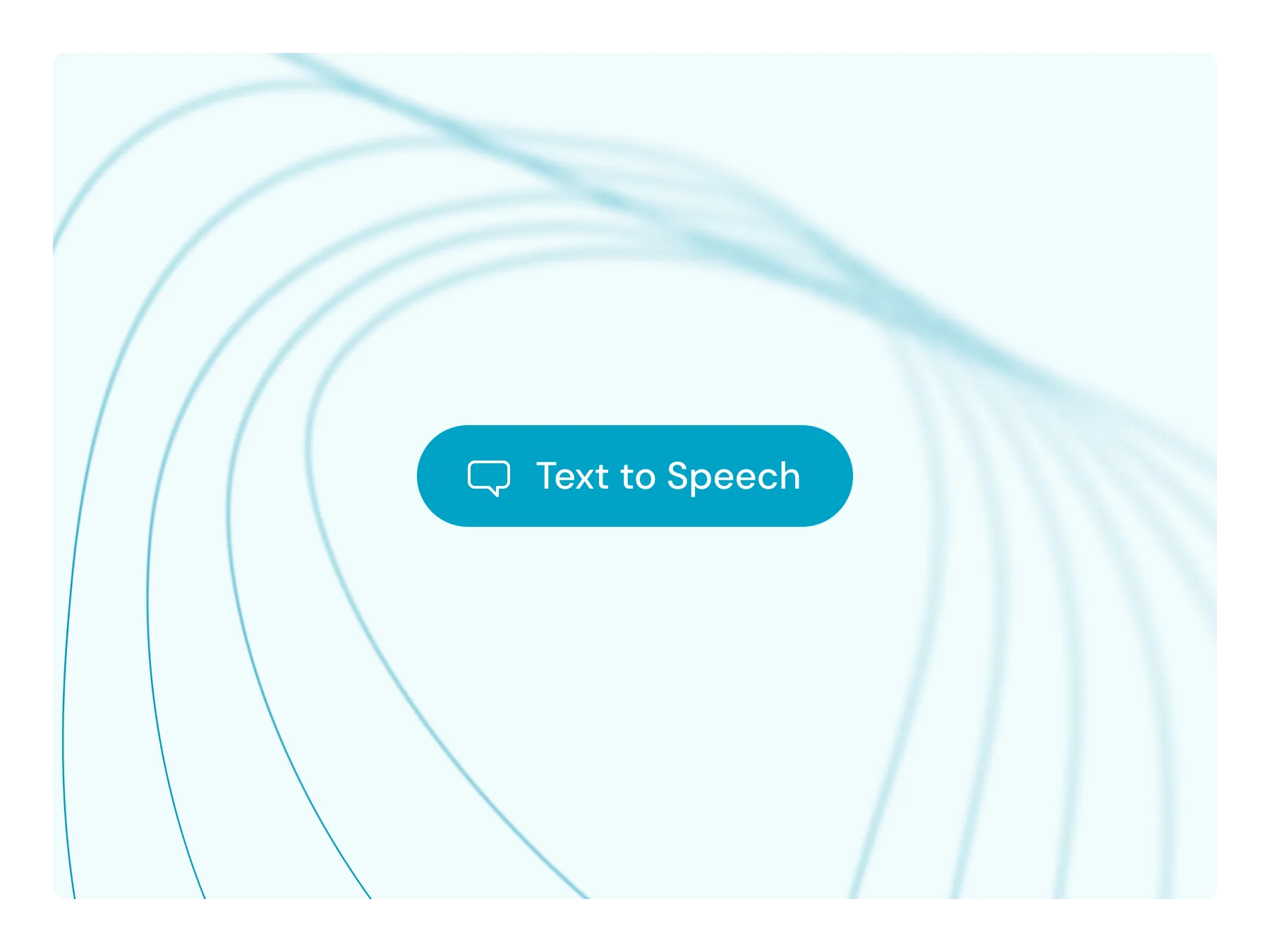Most Recent Articles
- Use CasesFeb 18, 2026 | Read time 4 min
Why AI-native EHR platforms will treat speech as core infrastructure in 2026
Vamsi EdaraFounder and CEO, Edvak EHR - CompanyFeb 17, 2026 | Read time 5 min
One word changes everything: Speechmatics and Edvak EHR partner to make voice AI safe for clinical automation at scale
SpeechmaticsEditorial Team - TechnicalFeb 13, 2026 | Read time 7 min
Speed you can trust: The STT metrics that matter for voice agents
Archie McMullanSpeechmatics Graduate - NewsFeb 12, 2026 | Read time 4 min
Speechmatics and Boost.ai partner to power enterprise Voice AI for Europe's most regulated industries
SpeechmaticsEditorial Team - Use CasesFeb 3, 2026 | Read time 9 min
Your essential 2026 guide to voice ai compliance in today's digital landscape
Tom YoungDigital Specialist - Use CasesFeb 3, 2026 | Read time 5 min
7 Voice AI predictions from teams building at scale in 2026
Maria AnastasiouEvents & Customer Marketing Lead - ProductJan 28, 2026 | Read time 3 min
Speechmatics launches new Swedish medical model, cutting transcription errors by 40%
Yahia AbazaSenior Product Manger - GeneralJan 27, 2026 | Read time 6 min
Voice AI in 2026: 9 numbers that signal what's next
Maria AnastasiouEvents & Customer Marketing Lead - TechnicalJan 21, 2026 | Read time 4 min
You can’t hurry love, but you can hurry final transcripts
Archie McMullanSpeechmatics Graduate - ProductJan 12, 2026 | Read time 4 min
Speechmatics and Sully.ai partner to scale healthcare AI infrastructure globally
SpeechmaticsEditorial Team




